NEW YORK, Mar 29 (Reuters Health) – The antioxidant vitamins C and E might help slow artery disease in patients who have recently had a heart transplant, results of a small study suggest.
Coronary arteriosclerosis, the hardening and narrowing of heart arteries, commonly develops in the few years after a heart transplant. As methods of preventing organ rejection have improved, the longer-range complication of arteriosclerosis in these patients has taken on more importance, according to the authors of the new study.
In their study of 40 heart transplant patients, daily treatment with vitamins C and E helped to minimize the growth of artery-clogging plaque over one year. Researchers led by Dr. James C. Fang of Brigham and Women’s Hospital in Boston, Massachusetts, report the findings in the March 30th issue of The Lancet.
The study patients were also on cholesterol-lowering statin medication, but the vitamins inhibited plaque growth “over and above” the effects of statin therapy, Fang’s team reports. Patients who took cholesterol drugs and the vitamins showed only slight thickening in their artery walls, while those on cholesterol medication alone had more substantial thickening.
Antioxidants like vitamins C and E help neutralize the effects of damaging forms of oxygen known as reactive oxygen species, and some research has suggested antioxidants are protective against heart disease and cancer.
According to Fang and his colleagues, their results support the idea that oxidative stress contributes to arteriosclerosis after heart transplantation. Moreover, the results suggest “a potentially useful therapy,” the researchers write.
Larger trials are needed to confirm these results and to see whether the benefits of vitamins C and E in transplant patients persist over several years, they add.
